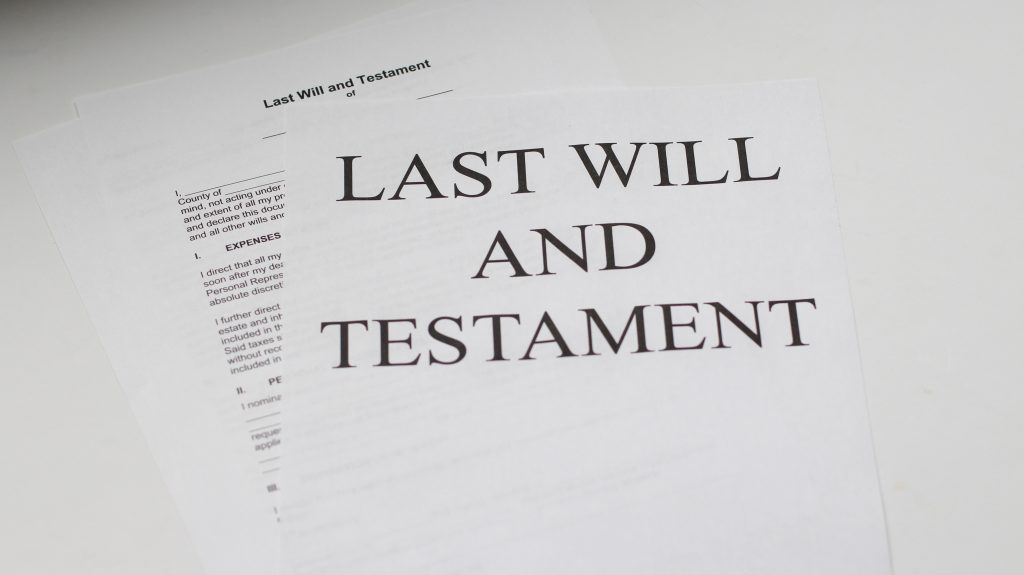My parents are visiting for Thanksgiving.
As we sat around the table after dinner last night, we started talking about whether they had all their legal documents in place, such as a will and a power of attorney.
They said yes, which gave me some relief. Then, when I asked where the documents were stored, their answer was, “the safe.”
I have no idea where their safe is nor the code.
Big problem.
This all got me thinking, as the executor of their estate, what other information do I need to know in advance of their death. As morbid as it is to think about, it’s a beautiful parting gift to have everything in place. Nobody wants to deal with legalities when you’re mourning the death of a parent, or any loved one.
Five Steps to Take as an Executor (before they die)
1. Make sure all the proper documents are signed and fully executed.
Make sure the legal documents have been prepared and are in accordance with local laws. At a minimum, you’ll want to make sure they have a fully executed will, power of attorney, and living will.
Due to the complexities of probate and individual state laws, these documents should be prepared by an attorney in the testator’s county and not a template downloaded from the internet.
2. Know the location of the documents.
This is where I almost failed. Let’s not learn this the hard way!
Know the location of the legal documents as well as other relevant paperwork such as deeds to any real estate, titles to vehicles, insurance paperwork, keys to safety deposit boxes, and any hidden cash.
Another document, while not legal, but will aide in closing out the estate with minimal conflict is a letter of instruction for sentimental items. These items generally have little monetary value but can have significant emotional value. They also tend to cause strife amongst grieving relatives. As much as possible, request the wishes be written, if not in the will, then a separate letter of instruction
An essential detail to remember is if these items are kept in a safe, make sure you have the code.
3. Understand the wishes for funeral plans
Does the testator prefer to be cremated or buried? What kind of funeral do they want? Have they prepaid any of their expenses? As hard as it is, ask these questions in advance and request they are written down.
4. Obtain a list of digital assets
Get a list of all user names and passwords to important accounts, including social media. Think of accounts such as Netflix, their internet service provider, and online photo storage. You’ll want to be able to log in and cancel these services as soon as possible.
LastPass Families is a tool for storing and sharing passwords.
5. Set up an annual review meeting
Put a meeting on your calendar to discuss any changes that may impact any documents related to death. For example, have they changed the code to their safe? Maybe they got a new one? Circumstances change, and you’ll want to make sure you and the documents stay current.
Have you been the executor of any estates? If so, what were some of the difficulties you wished you had prepared for in advance? Let’s chat in the comments.
Read more:
Avoid Future Complications By Having a Detailed Will of Your Own
Estate and Future Planning: Importance of Drafting and Maintaining a Will
Should You Have an Estate Plan?

Kate Fox is a former CPA, with twenty years of experience in public accounting and corporate finance. Born and raised in Alaska, Kate is currently based out of southeastern North Carolina. She loves coaching others on personal finance and spends her free time traveling with her family or relaxing by the pool with a good book, probably about money.


